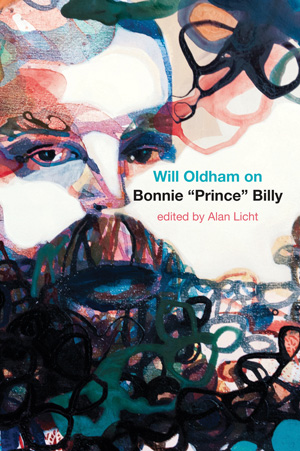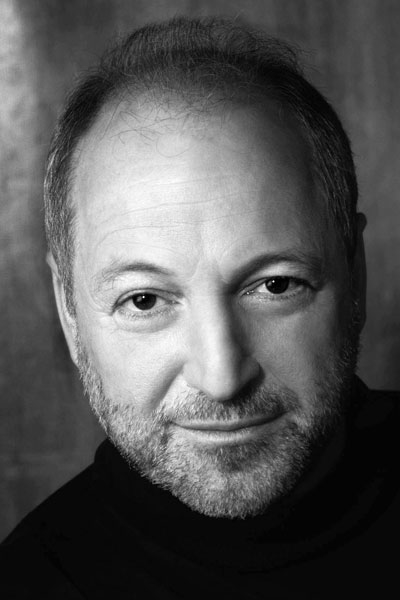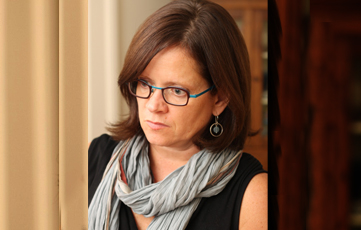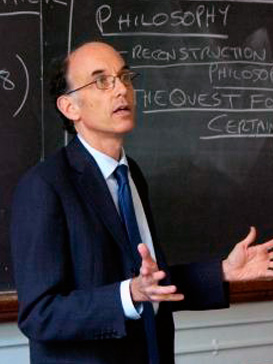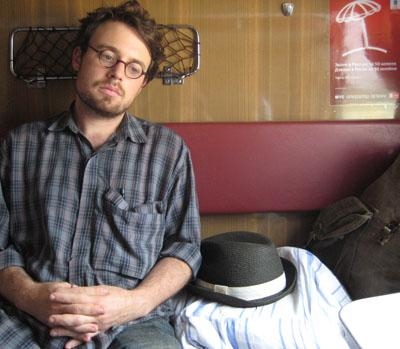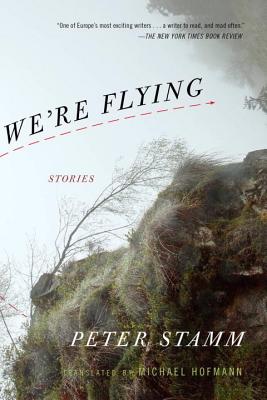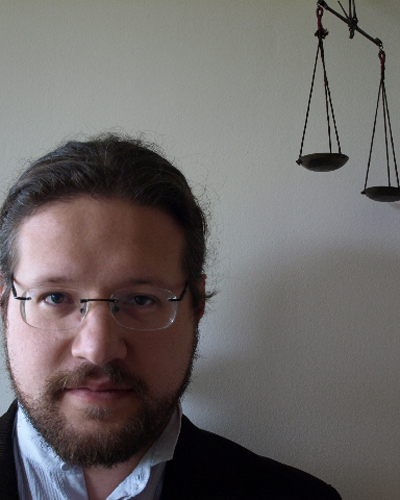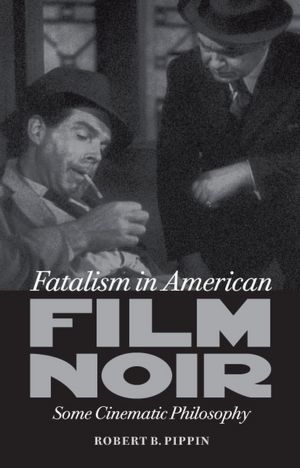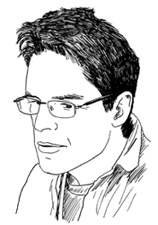City of Angels: Or, the Overcoat of Dr. Freud – Christa Wolf
How does one give an account of oneself when the link to the past is not even available?
Will Oldham on Bonnie “Prince” Billy – Will Oldham and Alan Licht
As an antidote to the self-serving, grandiose, and often grotesque nature of many “rock memoirs” Will Oldham on Bonnie “Prince” Billy is a refreshing kind of book.
Essays are all about being somewhere else. Not only in space, but somewhere else in time, as well — of having another identity, another persona.
This idea that the Communist legacy is only one of misery and death is a remnant of the Cold War that the Left must abandon.
I was attracted to the argument in the book that, even in the 1950s, cultural radicals like the Beats and white-collar executives (company men or “organization men”), were actually brothers under the skin. They both shared a cynical belief that role-playing and reputation were all that mattered.
The story is the language. If you can locate a difference between a story and the language it’s told in, something is wrong.
Most of the stories in WE’RE FLYING depict more quotidian anxieties than a crisis of faith.
We want to think about those works which try to “totalise” our current conditions, to thematize those facets of social existence which are particularly symptomatic of the trends and tensions in today’s political economy: financial markets, logistical complexes, commodity chains.
Fatalism in American Film Noir: Some Cinematic Philosophy – Robert Pippin
Given our recent history, an attempt to develop a theory of agency that probes behaviors like risk-taking and gambling is a welcome philosophical exercise.
I do believe in that H.L. Mencken expression, “the politics of the horselaugh.” When you are describing things that are absurd, you laugh to keep from crying, in a certain way.



